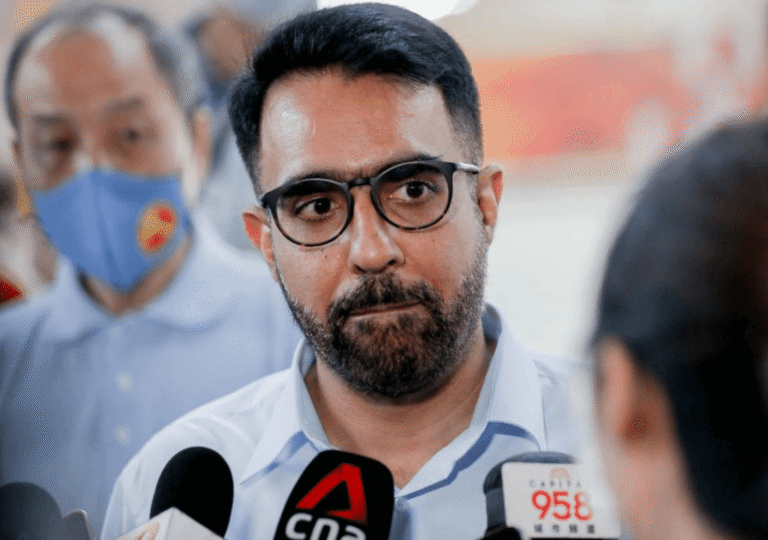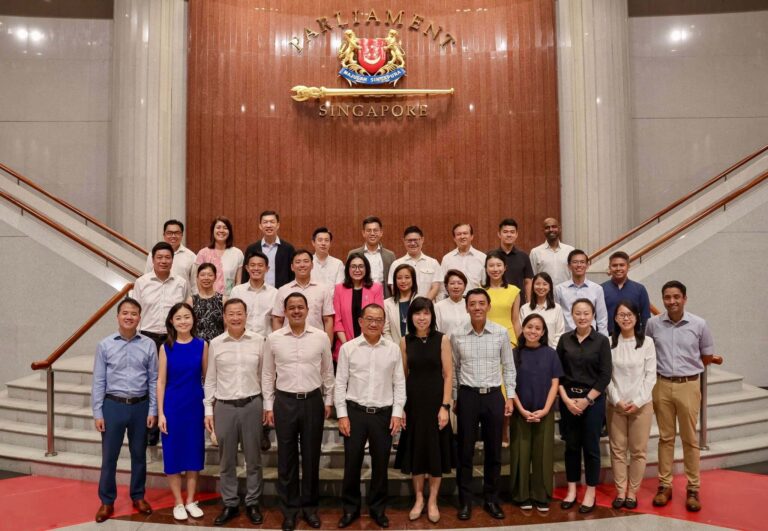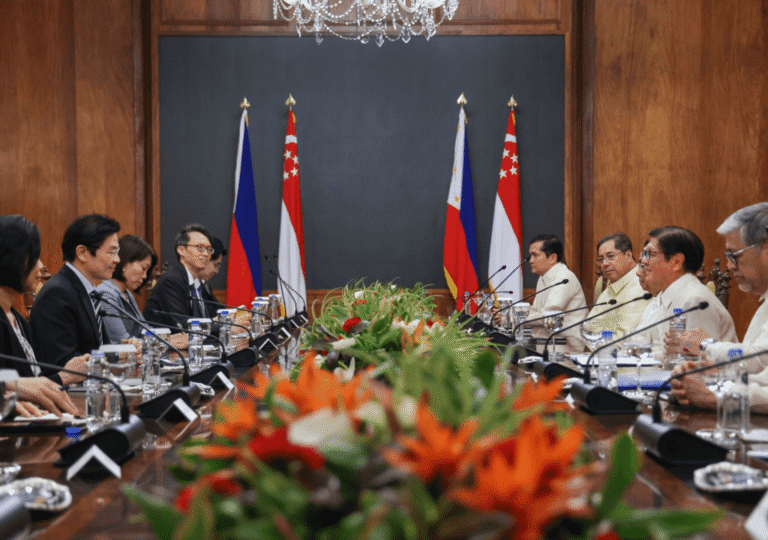Corruption functions like widespread cancer. The most recent Corruption Perceptions Index (CPI) for 2023, unveiled by Transparency International, unveils a lack of substantial progress in combating public sector corruption worldwide. The global CPI average remains static at 43 for the twelfth consecutive year, with more than two-thirds of nations scoring below 50, underscoring widespread corruption challenges. Denmark maintains its top global position with 90 points, trailing Finland (87), New Zealand (85), Norway (84), and Singapore at 83. Singapore secures the fifth spot in the world, exhibiting resilience despite a decrease from 87 in 2013 to 83. The city-state outshines its neighbors.
Singapore continues to lead in ASEAN, with Malaysia ascending to the second position, marking a positive turn by securing the 57th spot out of 108 nations in this year’s CPI. Transparency International’s data reveals a four-rank improvement for Malaysia, scoring 50 out of 100 points in 2023, a rebound from the previous year’s 47 and a reversal of the declining trend since 2019 when it scored 53. Vietnam claims the third spot (41), trailed by Thailand (35), and Indonesia and the Philippines tied at 34. Regrettably, all other ASEAN members, excluding Malaysia and Singapore, witnessed a decline in the 2024 CPI, with Laos (28), Cambodia (22), and Myanmar just scored 20.
According to Singapore’s Corrupt Practices Investigation Bureau (CPIB), the country effectively combats corruption, as is demonstrated by the consistently low number of public sector corruption cases. The CPIB highlights the favorable outcomes of Public Perception Surveys, which continuously demonstrate a high level of public trust in the country’s efforts to fight corruption. The CPIB also lists additional honors associated with Singapore’s anti-corruption initiatives. In the World Justice Project Rule of Law Index 2023, the nation ranked third for the lack of corruption, making it the top Asian country out of 142. Additionally, Singapore excelled in the Political and Economic Risk Consultancy’s (PERC) 2023 Report on Corruption in Asia, taking first place out of 16 economies.
The CPIB emphasizes its dedication to working with the community to fight corruption and appreciates Singapore’s well-earned reputation as one of the least corrupt countries in the world. The bureau reaffirms that it will treat all reports and information revealing possible corruption offences seriously, regardless of whether they come from reputable or unreliable sources. In order to maintain a corruption-free atmosphere in the country, the declaration ends with a pledge to maintain incorruptibility as a fundamental component of the Singaporean identity.
Muhammad Mohan, Chairman of Transparency International Malaysia, attributes the improved ranking of Malaysia this year to the dedicated efforts of the federal government in pursuing legal action against prominent individuals and implementing measures to enhance transparency and accountability in the public sector.
Mohan highlights the government’s commitment to prosecute high-profile individuals through the Malaysian Anti-Corruption Commission and the Attorney General’s Chambers as a significant factor in Malaysia’s rise. The positive public perception resulting from the prosecution of two former prime ministers for corruption, coupled with the judiciary’s independence demonstrated in cases like the SRC International trial and the conviction of a former prime minister, are likely pivotal elements contributing to Malaysia’s recovery.
In contrast to the previous year when Malaysia held the 47th position in the Corruption Perceptions Index (CPI), the low score was attributed to perceived lack of political determination to combat institutional corruption, implementation of substantial Covid-19 pandemic stimulus packages without parliamentary debate and scrutiny, appointment of unqualified politicians to lead government-linked companies, and a hesitancy to decisively address issues such as cost overruns in projects like the Littoral Combat Ship.
Expressing concern about Malaysia’s lack of a clear plan, Mohan notes that leaders often discuss reforms without adequate follow-through. To secure a position in the top 25, he emphasizes the necessity for Malaysia to reach the 68-point range, assuming other countries do not gain additional points.
According to Transparency International’s 2023 Corruption Perceptions Index, Vietnam has seen a decrease, which is consistent with the country’s recent stepped-up anti-graft drive led by the Communist Party. The previous year’s massive anti-corruption campaign, which resulted in the detention and arrest of deputy ministers, the investigation of hundreds of officials, and the resignation of then-President Nguyen Xuan Phuc, is blamed for the score decline.
Vietnam is still ranked higher than many of its regional rivals, even if its ranking has declined after rising over the previous two years. In contrast, corruption is said to be greater in Indonesia, the Philippines, and Thailand. The Rule of Law Index highlights the link between corruption and the availability of justice, indicating a global deterioration in the efficacy of legal systems. There is a definite correlation between corruption and justice because the nations with the lowest scores in this index also tend to perform poorly in the Corruption Perceptions Index (CPI).
A growing perception of impunity for corruption is a result of actions taken by both democratic and authoritarian authorities that undercut justice. In certain situations, these actions may even encourage corruption by eliminating the repercussions for wrongdoers. This effect may be seen in a number of nations, from Venezuela (13) to Myanmar (20). In any case, the Singapore government is shining thanks to the CPI Ranking, which is an important statistic for Singapore considering the gravity of the scandal surrounding Iswaran’s case.








